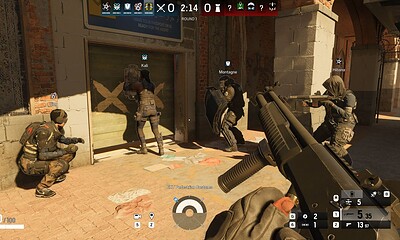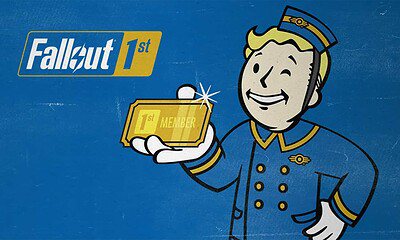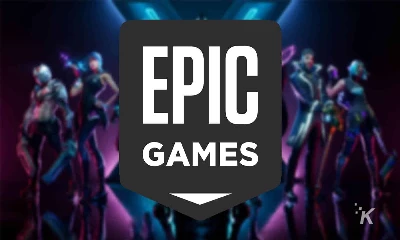Gaming
Dear Bethesda, please make Fallout 5 a turn-based 4X strategy
Ok, I know this sounds wild, but just hear me out.
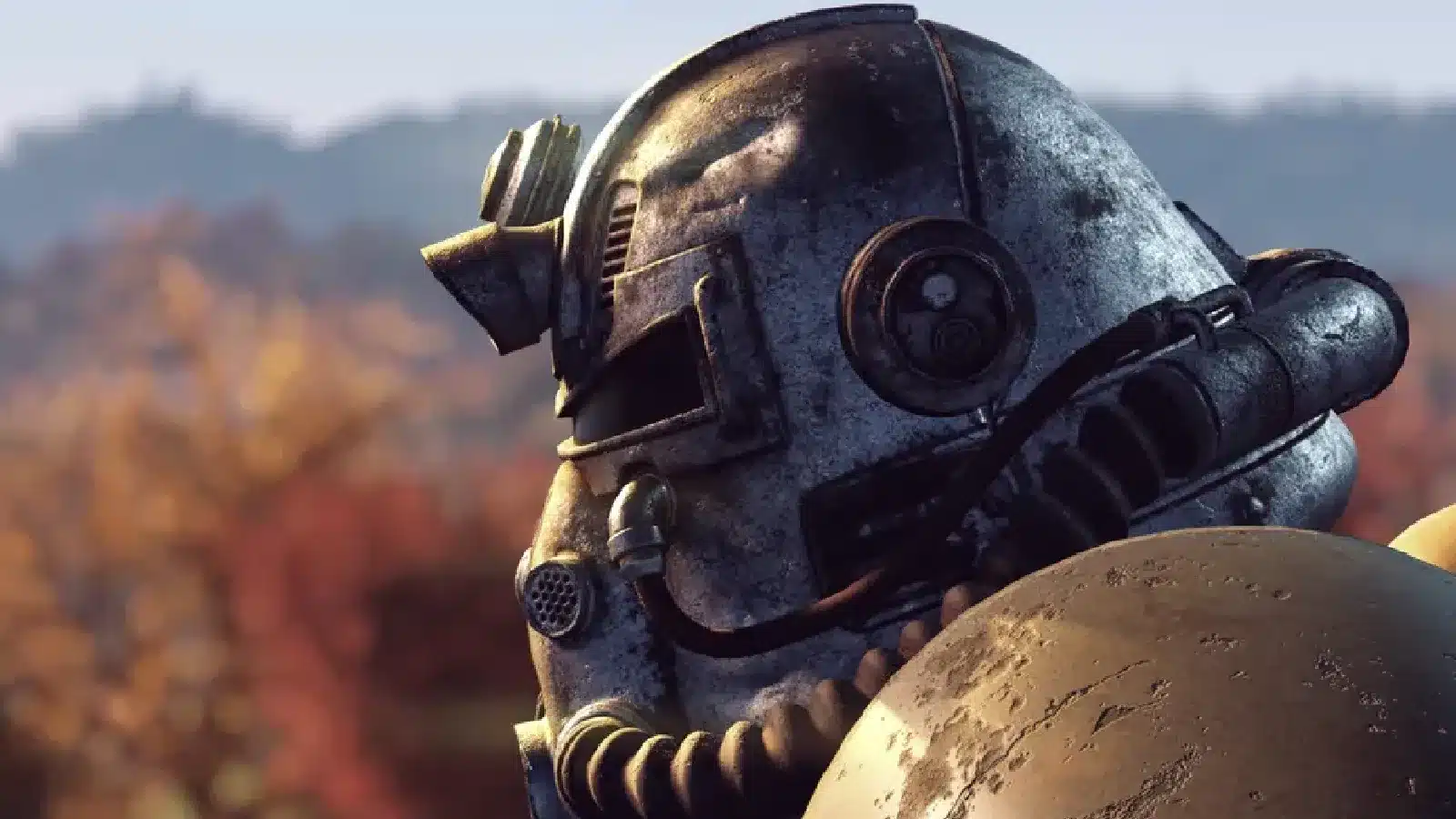
Just a heads up, if you buy something through our links, we may get a small share of the sale. It’s one of the ways we keep the lights on here. Click here for more.
War. War never changes. Three words that define the Fallout series. They’re apt.
In 1916, as Europe was in the throes of World War I, a bloody conflict that set the stage for the 20th century, Professor I.W. Howarth pondered upon the source of war in The Scientific Monthly. He wrote the following: “While the occasions of war are many and varied, the causes are few.”
Conflicts vary by participants and scale, but their causes tend to fall into one of three universal categories: religious, economic, and political.
But, what does this have to do with Fallout? When you look past the post-apocalyptic hellscape and tune out the vaudeville music blasting from your Pip-Boy, you’re left with a familiar tale about factions battling for power, each with its own agenda and motivations.
A tale as old as time
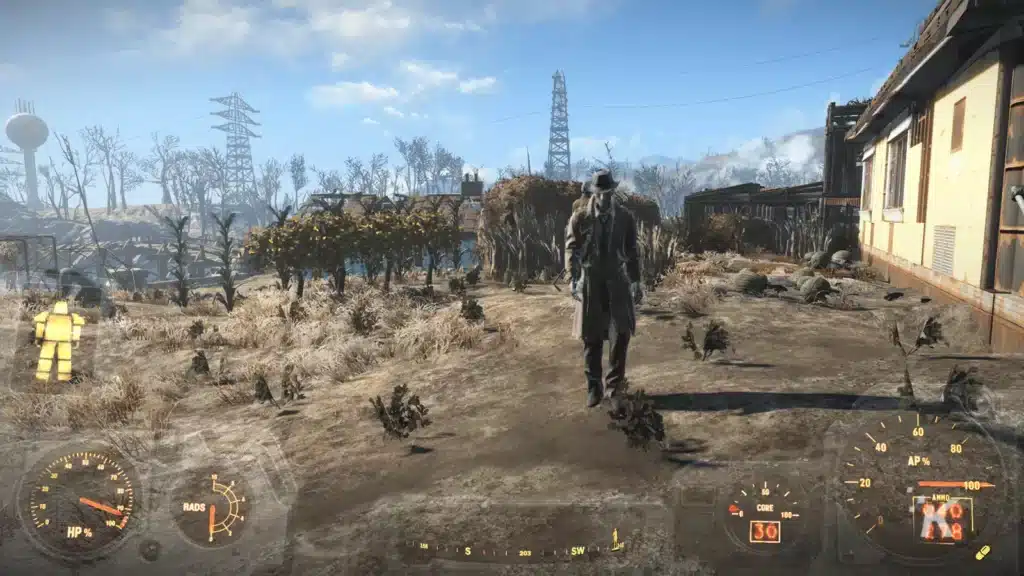
The Brotherhood of Steel, which has served as both antagonists and protagonists depending on the game (and the player’s own perspective), fights to preserve technology with an almost religious zeal.
The Institute sees itself as divinely tasked with rebuilding humanity, albeit in its own image, and with the benefits only shared with a privileged few.
The Commonwealth Minutemen and the New California Republic represent the liberal democratic ideal, defending freedom in the face of insurmountable odds.
Caesar’s Legion is a syncretic mix of theocracy, personality cult, and expansionist colonial power. The Followers of the Apocalypse, meanwhile, are analogous to the Red Cross or the United Nations.
And then you have the smaller players. Settlements like Diamond City, Megaton, Rivet City, and New Vegas represent today’s city-states like Singapore or Monaco, or perhaps even Switzerland.
They lack the expansionism and political ambitions of the main factions. But they’re nonetheless hugely economically important and hold an outsized influence in the game world.
I’ve always found the politics of the Fallout series more interesting than the actual gameplay. Don’t get me wrong – I’ve cumulatively spent hundreds of hours across the series.
I’ve replayed Fallout 3 more times than I’d care to admit. Fallout 4 made me agonize over whether I should remain faithful to my long-lost son, Shaun, or dismantle the sinister Institute with the help of the Brotherhood of Steel.
But the series’ most compelling points are the inter-factional intrigue. Fallout makes you pick a side. And – much like real life – no side is perfect.
As I write this blog, Fallout 4 is seven years old. A successor is long overdue (no, Fallout 76 doesn’t count). And part of me wants Bethesda to break with the established convention and reimagine Fallout as a top-down, turn-based strategy game in the vein of the Civilization series.
Reimagining Fallout as a 4X strategy game wouldn’t merely dust the cobwebs off a storied, but increasingly stale, series. It would offer a chance to perfect Fallout 4’s most divisive mechanic – settlement building.
Rebuilding humanity
Fallout 4 allowed you to claim territory, attract settlers, and build the infrastructure essential to rebuild society.
Once you stake your claim upon a piece of land, you must provide your citizens with a sufficient supply of food and water, build a strong defensive perimeter to deter raiders, and offer creature comforts like beds and stores.
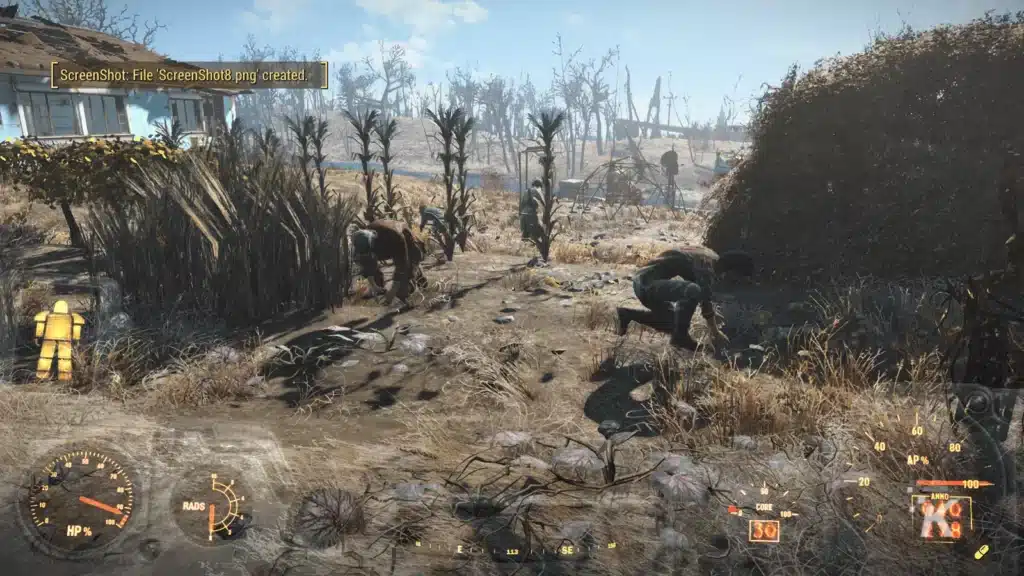
And then rinse and repeat, performing the same steps across every settlement you claim from irradiated monsters and raiders. It gets old. Quickly.
I’ve held this grudge for almost seven years. Settlements were the biggest missed opportunity in Fallout 4. They lacked depth. They felt mechanical, not emotional. Try as I might, I couldn’t bring myself to become emotionally invested in the health and development of my fledgling wasteland society.
It didn’t have to be that way.
How cool would it be if you could manage your own post-apocalyptic economy? In my current playthrough, I have one settlement producing a surplus of crops, whilst another has a decent chunk of its population scavenging for essential building materials.
This is only really useful for maintaining my existing settlements. But what if I could trade these resources with other societies, much like you can in other 4X games, like Civilization and Humankind?
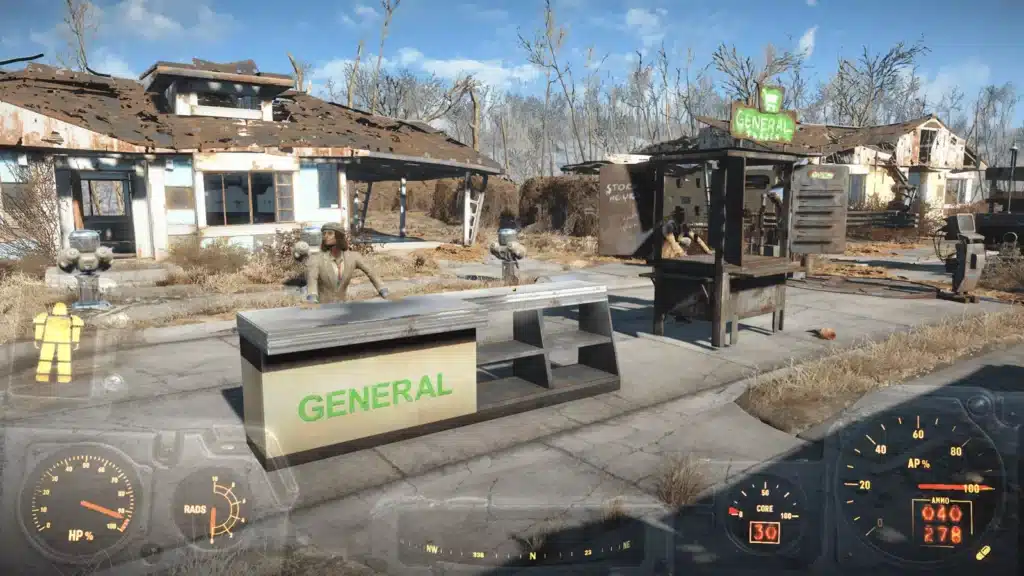
The notion of a post-apocalyptic foreign policy also intrigues me. Again, this is something Fallout: New Vegas and Fallout 4 kinda touch on, but without really doing it justice.
In Fallout 4, the Commonwealth Minutemen can partner with the Railroad in the final decisive assault of the Institute. Fallout: New Vegas lets you forge alliances between the New California Republic, and the other minor factions within the game, namely the Great Khans, the Enclave, the Followers of the Apocalypse, and the Brotherhood of Steel.
While they help in the Second Battle of the Hoover Dam, we don’t really get to see how this fractured alliance shapes the Mojave Wasteland for the long haul. Save for a brief mention in the closing credits.
A 4X take on the Fallout genre would force you to think about your actions, and the development of your society and its culture. Decisions – like extending citizenship to synth refugees or allying with a tribe of raiders – would influence how other factions view you.
Deploying Mini Nukes against a rival settlement would make others wary of you, much like in Civilization, where nuclear escalation is rewarded with universal condemnation.
Conquer, convert, or convince
And we’d be able to talk about an endgame. The 4X genre’s gold standard, Civilization, offers many paths to victory: cultural, diplomatic, military, scientific, and more.
What would victory look like in the Fallout world? Sure, you could simply nuke your way across the finish line. Alternatively, you could adopt a theocratic system based upon a post-apocalyptic cargo cult, like the Church of the Children of Atom, and achieve some kind of cultural hegemony as its adherents proliferate across the wasteland.
Or, you could develop the infrastructure, society, and technology required to restore society to its pre-war Halcyon era. A progress victory, of sorts.
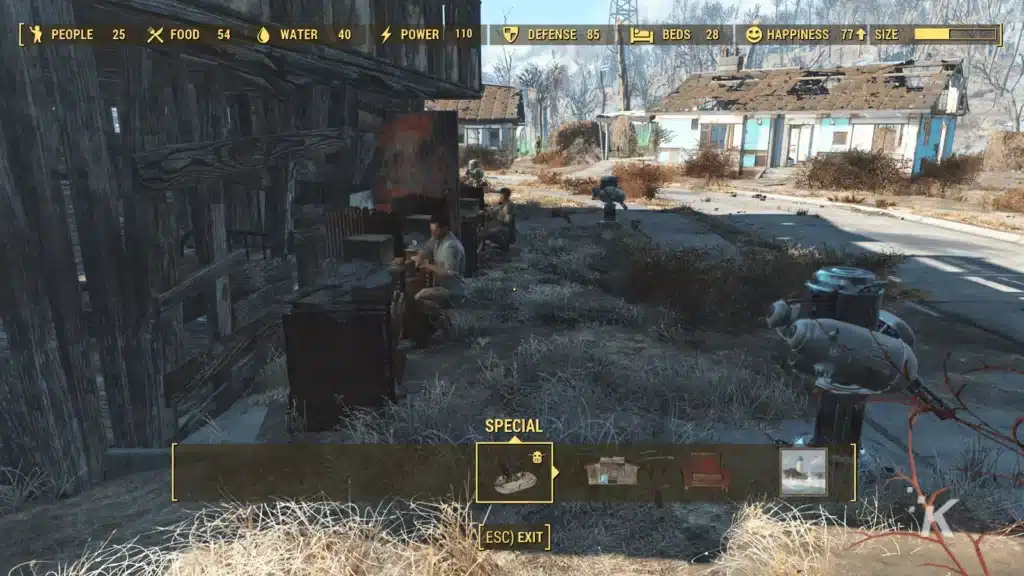
As you purify the wasteland of raiders and mutated creatures, absorb competing civilizations through political union, and provide essential services like healthcare and food, you create the stability and security associated with a nation-state. This would be the quintessential ‘good’ ending.
The idea of rebuilding America from the cratered buildings and twisted rebar of the Capital Wasteland is, quite frankly, irresistible. It’s something other games — notably Paradox Interactive’s Surviving the Aftermath — have attempted, albeit with little success.
Bethesda has the perfect opportunity to build an amazing 4X game
Fallout’s world has always been more interesting than the actual storyline. A proper world-building strategy game would let you explore it.
Bethesda has clung to the FPS RPG format since the triumphant arrival of Fallout 3 in 2008. But it’s a genre that has served the series well.
But while war never changes, Fallout isn’t too immutable that it can’t explore new ways of gameplay and storytelling.
Bethesda is blessed with the creativity, talent, and, thanks to the Microsoft acquisition, resources to experiment with new formats. The company could bring the Fallout series to dizzying new heights.
Please make this happen for Fallout 5, Todd Howard.
Have any thoughts on this? Let us know down below in the comments or carry the discussion over to our Twitter or Facebook.
Editors’ Recommendations:
- The PlayStation VR2 will have over 20 ‘major’ games at launch
- Sony to mass-produce the PS VR2 headset this year, says report
- Diablo Immortal is now available on Android and iOS, but not PC
- TCL says new Xbox Series X and PS5 Pro consoles are on the way, but don’t hold your breath
Just a heads up, if you buy something through our links, we may get a small share of the sale. It’s one of the ways we keep the lights on here. Click here for more.















